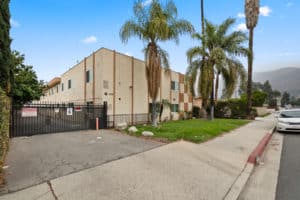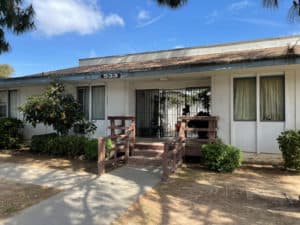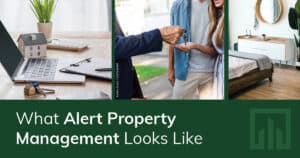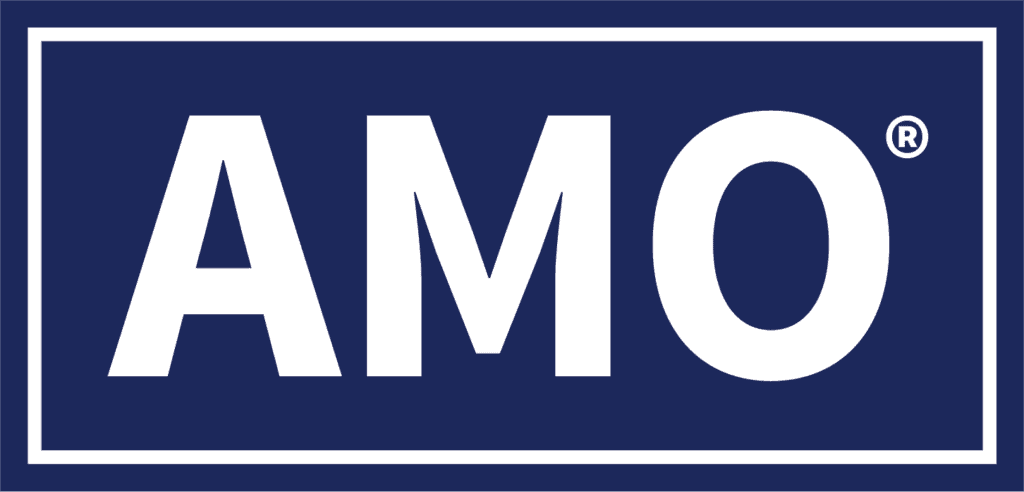On January 29, Governor Newsom signed Senate Bill 91, or SB 91, into law. The new law extends certain protections under previous emergency measures that were set to expire on February 1, but also creates a new mechanism for qualified renters and landlords to seek financial support from the government.
How does SB 91 change AB 3088?
California Assembly Bill 3088 (AB 3088), which became law in August 2020, was designed to protect renters from eviction if they have been financially impacted by the COVID-19 pandemic. As we covered last year, AB 3088 had important consequences for landlords.
SB 91 extends the term of the state eviction moratorium originally established in AB 3088 and makes a number of other important changes.
- Eviction moratorium extension to June 30, 2021. Under AB 3088, qualified tenants were shielded from eviction for failure to pay rent through January 31, 2021. SB 91 extends that period through the end of June.
- Written notice from tenants. To qualify for protection under SB 91, as under AB 3088, a tenant must provide the landlord with a written declaration of financial impact from COVID-19. Once such a declaration is provided to the landlord, the tenant cannot be lawfully evicted for failure to pay rent. The notice must be provided to the landlord within 15 days of receipt of the landlord’s notice demanding payment of unpaid rent.
- Minimum rental payments. As with AB 3088, to qualify for protection under SB 91 a tenant must pay a minimum of at least 25 percent of the rent due between September 1, 2020, and June 30, 2021. Crucially, the law allows tenants to provide declarations each month during the covered period. Provided that the declarations are timely, a tenant can make a single payment covering the 25 percent minimum for each covered month. For example, if a tenant stops paying rent on February 1 and provides timely notice each month thereafter, he or she may make a single payment on June 30 of 25 percent of the rent due for each month from February through June to remain protected from eviction under the law.
- Rules governing fees and certain payment structures. Landlords may not impose late fees during the covered period for tenants who have made timely declarations. Landlords also may not assign current payments to a qualified tenant’s back rent or other outstanding debts. The bill also prohibits landlords from using security deposits int
- Amended notice requirements for landlords. SB 91 replaces the mandatory notice landlords must provide to tenants who are behind on rent. The new language spells out the mechanisms described above, and also provides renters with information about how to seek rental assistance (more on that below).
- New rental screening rule. Under SB 91, landlords are prohibited from giving consideration to a rental applicant’s prior history of COVID-19 rental relief.
Financial assistance for property owners and tenants impacted by COVID-19
A key change introduced by SB 91 is the creation of a financial assistance fund to help qualified tenants and landlords cover at least some of the financial gap created by pandemic-related hardship. The fund, which is financed by a federal program and subject to federal requirements, is at least in part designed to address the key shortcoming in last year’s tenant relief bill, which did nothing to address the financial impacts on landlords or renters.
Under SB 91, funds will be available to pay up to 80% of the back rent that qualified renters have accrued from April 1, 2020, to March 31, 2021. These are the eligibility requirements for renters to qualify for payments under the program:
- The applicant must have an income of no more than 80% of the area median income (AMI) applicable to the renter’s home county.
- The tenant must have documented financial hardships.
- The tenant must demonstrate a risk of homelessness or housing instability.
Tenants can apply to the program without landlord involvement to receive support for 25% of rent owed for September 2020 through March 2021. After March, renters can also qualify to receive 25% of up to three months of future rent. In each case, payments are made directly to the landlord.
Landlords who wish to opt-in to the program can receive up to 80% of unpaid rent for the period starting April 1, 2020. In exchange, they must forgive the unpaid 20% portion. Note that landlords retain the choice to opt in on a case-by-case basis.
The mechanisms for administering the program vary by location. Larger cities and counties (those with populations over 200,000) are administering the program directly, while the state retains control over lower-population areas.
Pan American is here to answer your questions
This article offers general information only and is not intended as legal advice. If you have questions about how SB 91 affects your legal rights and obligations, be sure to consult with a lawyer before taking action.
Without question, SB 91 will have important impacts for California property owners and their residents who are struggling due to the pandemic. The team at Pan American Properties is here to answer questions from owners and residents alike. Do you have questions about how SB 91 affects you? We’d like to hear from you. Give us a call at (888) 754-9700 or email us at [email protected].






